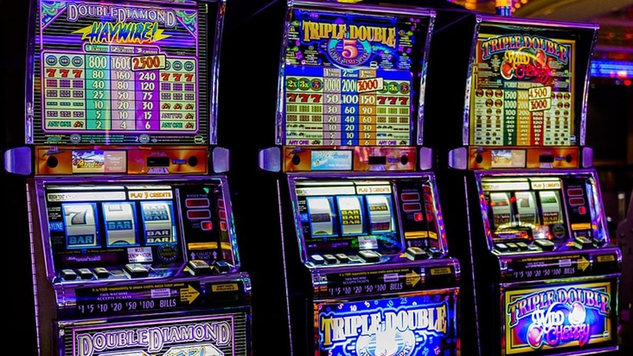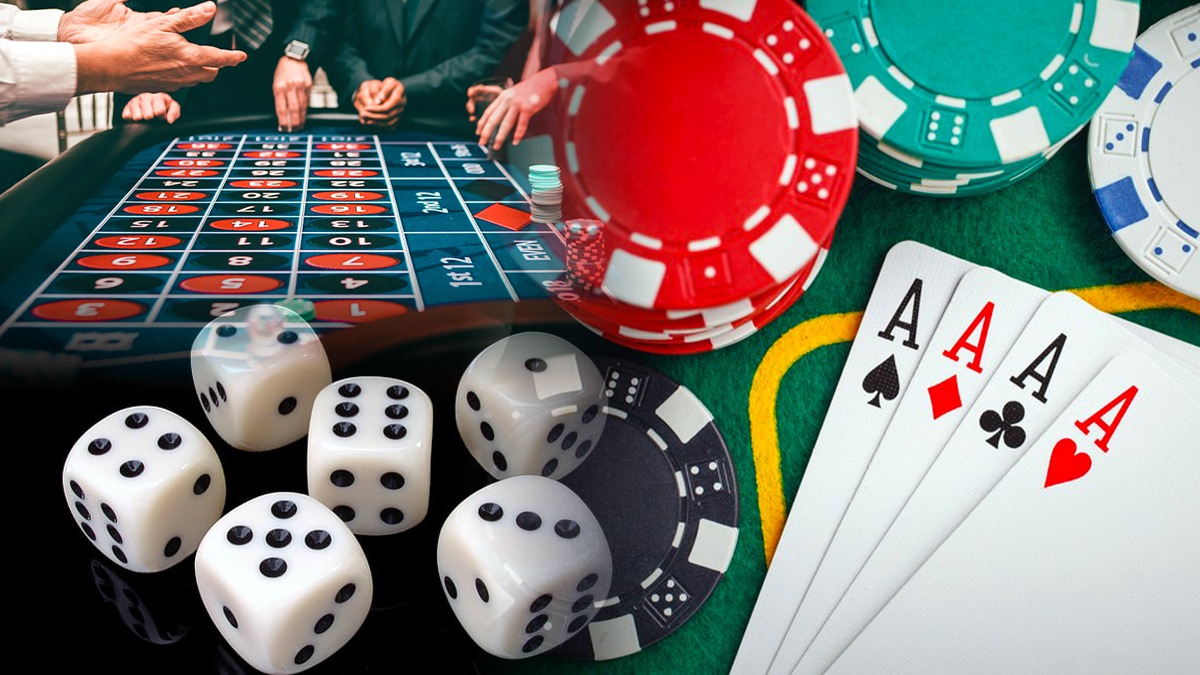Online slot games are among the most popular forms of digital entertainment and gambling today. With their flashy graphics, catchy sounds, and seemingly endless themes, these games captivate millions of players worldwide. But beyond the bright colors and spinning reels lies a fascinating layer of psychology carefully engineered to keep players engaged — and often, hooked. Understanding how online alternatif api66 games tap into human psychology reveals why they are so uniquely addictive.
The Role of Variable Rewards
One of the core psychological tricks used in slot game design is the concept of variable rewards. Unlike a fixed reward system where players know exactly when they’ll win, slots employ unpredictable reward schedules. This unpredictability mirrors the principle behind what psychologists call a “variable-ratio reinforcement schedule,” which is known to be highly effective in creating compulsive behaviors.
Think about it: players don’t know when the next jackpot will hit, but the possibility keeps them spinning. This uncertainty triggers dopamine release in the brain — the neurotransmitter linked to pleasure and motivation — making the player want to try again and again.
Near Miss Effect: Almost Winning
Online slots often feature what’s called the near miss effect. This is when the symbols line up almost perfectly, creating the illusion of an “almost win.” Although technically a loss, these near misses give players the feeling that they were close, which increases excitement and the desire to continue playing.
This taps into a cognitive bias where people overestimate their chances of winning after coming close, reinforcing repetitive play despite losses.
Sensory Overload and Immersion
Slot designers also use sensory inputs to enhance engagement. Flashing lights, upbeat music, and satisfying sound effects create an immersive experience that keeps players emotionally hooked. This multi-sensory stimulation can drown out rational thought, making it harder for players to stop and assess their actual odds of winning.
The themes often cater to diverse interests — from ancient civilizations to futuristic sci-fi — providing an appealing “escape” that transports players away from everyday life.
The Illusion of Control
Many online slots now feature interactive elements such as “choose your own bonus game” or “pick a card” mini-games. These features create an illusion of control, where players feel their choices influence the outcome. This feeling is powerful, as it gives a false sense of agency and skill in a game that is, at its core, based on chance.
Social Elements and Community
Some modern slot platforms incorporate social features like leaderboards, multiplayer bonuses, or chat rooms, blending gambling with social interaction. This social connection adds a layer of peer motivation and friendly competition, which can further increase time spent playing.
Conclusion
The addictive nature of online slot games is no accident. Game developers employ a sophisticated understanding of human psychology to craft experiences that maximize player engagement — from unpredictable rewards to immersive sensory design and the illusion of control. Recognizing these psychological hooks is crucial, both for players who want to gamble responsibly and for regulators aiming to protect vulnerable individuals.

